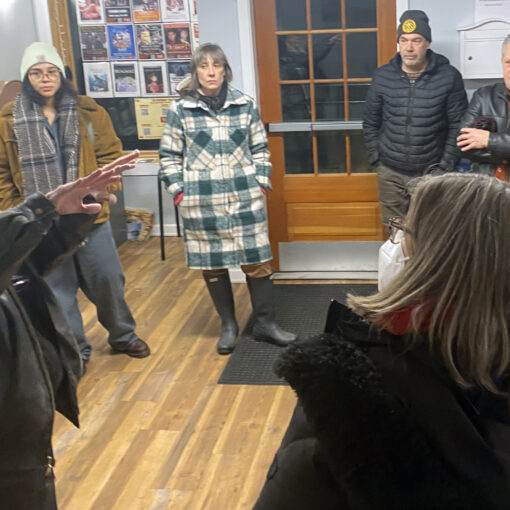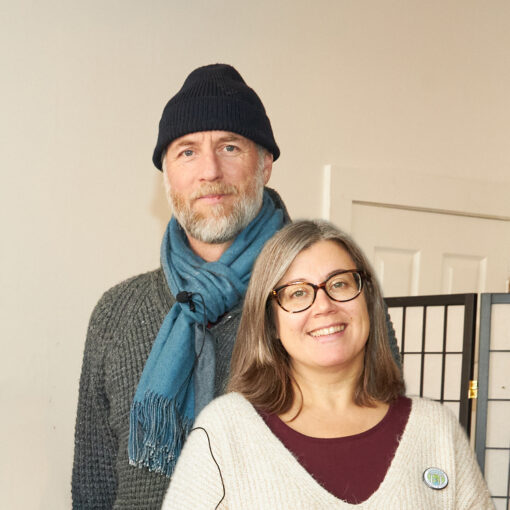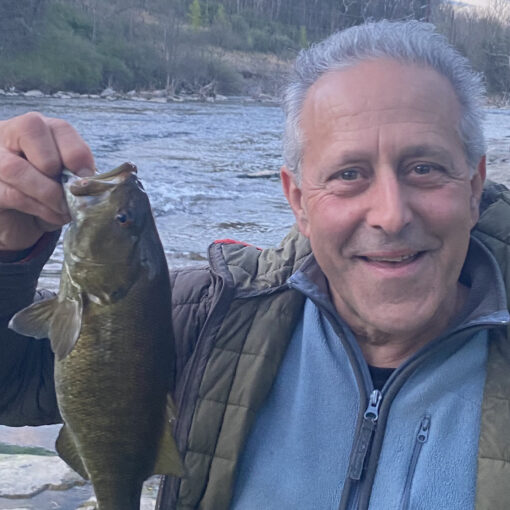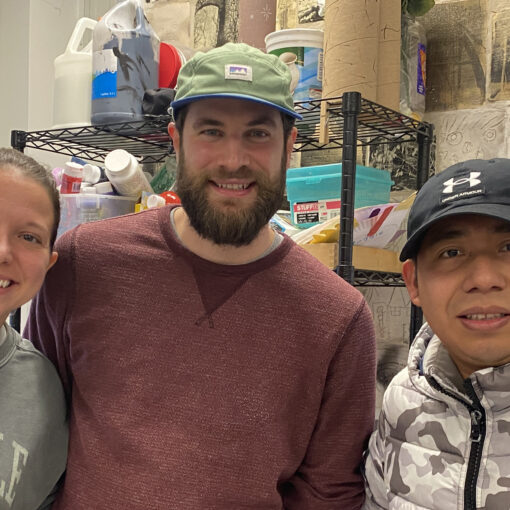Deb by Ruthie
June 8, 2024
R:We are at the Snyder Estate and it’s June 8th. Deb is a long time resident of Rosendale. What do you love about Rosendale?
D:I love the natural beauty of Rosendale. I love the people. I love the downtown. I love our restaurants and our theater, our community theater.I just love being part of it. It feels like a community.
R:Where in Rosendale do you live?
D:I actually live in the hamlet of Tillson up the hill heading south toward New Paltz.
R:And what do you want to preserve about Rosendale?
D: I really am concerned about our wetlands. There’s a significant portion of wetland that’s on the national wetlands inventory maps that has never been mapped by the DEC. I guess they neglected it or ran out of time or funds or what have you. But there are only some of the wetlands on the north side. The entire southern part of the town has never been officially mapped for protection by the Department of Environmental Conservation.
R:Wow.
D: So that’s discouraging. And one of the large wetlands in the area near where I live straddles both sides of Route 32. And it’s actually connected to the Wallkill River. So it is a significant wetland. And that’s something I’m concerned about in the bigger picture. But I also want to keep the nature element, the natural element, keep the forest from being fragmented.
I’m very concerned about development. I’m concerned about housing and housing values. But I’m also concerned about not overdeveloping, where the water resources are compromised, because I worked many years ago on the Environmental Commission for about six years.
And we did a study of the water, the groundwater. And it did become apparent that we have not a great abundance of water. So we need to be mindful about, you know, the capacity of our aquifers and things like that. While we’re also considering the needs of the humans.
R: I know it seems like quite a challenge to balance it out, right? I don’t think that it’s impossible though.
D: Yeah, no, I don’t either. I don’t either. I’m worried about the New Williams Lake project. The new old one that’s been ongoing for years. But as they start actually building the homes, I’m concerned about the drawdown from the lake. And also that they’re planning to treat and release the water into the Rondout, which will take it away. And it won’t recharge in the aquifer. So we’ll see what happens. I mean, I tend to be a bit of a worry wart, especially when it comes to nature. So it’s like kind of those are things that I worry about in terms of preserving the actual wild part of the town.
R: Yeah, because it is such a draw, right?
D: But of course, there’s the culture and the arts that I also love. I mean, I love humans and human activity. I just, you know, I am concerned that we not do ourselves in the environmental harm by keeping keeping things in the sustainable. Sustainability, I guess, is the key word sustainability. That’s my concern.
R:And you said that you used to be on the Environmental Commission and you’re really active in Rosendale.
D:I have tried to be somewhat. I’m on the Democratic Committee in the town as well currently. R: And you’re on the farmers market board. And you said that you raised a daughter here in Rosendale?
D: I did. Yes.
R: How was that raising children in Rosendale?
D: It was wonderful. And the Kingston City School District, there were two school districts serving the town and she was in the Kingston City School District. Unfortunately, her elementary school was closed after she got through it. But it was Anna Devine school in Rifton was a wonderful school. And we had a blissful experience with that. But she also enjoyed middle and she went to Bailey and Kingston High and had a really great experience and lots of friends in the Rosendale neighborhood, you know.
R:That’s good to hear.
D: So that was a great experience.
R: What are your hopes and dreams for our community?
D: My hopes and dreams. Just, you know, that we can keep, that we can grow, improve, enrich while being sustainable. And just, you know, keeping the natural resources that sustain us viable. But also welcoming. It’s, you know, how do you welcome newcomers without and, you know, still give a place for the old school families to have their children? My daughter moved away. I know a lot of her friends stuck around, their parents, you know, there’s a culture of that, of the longtime families staying here and having multi generations. And there’s a lot of folks, a lot, a lot of folks that have multiple generations here.
R: Have the children found it easy to stay in Rosendale?
D: Not as far as housing costs. I know like even surrounding communities, New Paltz, Gardener, Rosendale, Kingston, some of my friends with children, grown children now in their 20s and early 30s, having really hard time affording housing. And I know that’s like a big, big concern for a lot of people. And there’s some outsider angst because some of the folks moving in are more affluent than some of their kids who are working, you know, say at a local utility or in a, in a more of a service industry and aren’t, you know, high powered programmers that are working remotely for, you know, with a job that pays Manhattan wages. So it’s, it’s rough. It’s rough to compete in the housing market. So that’s been a problem.
R: Yeah, I’ve been hearing that a lot. Do you think, do you have you thought of any way that that might be able to be, that angst might be able to be diminished or that we can find a little more harmony like that?
D: Well, I mean, many smart minds try to figure out ways to incorporate some more affordable units like requiring developers to include less expensive units. And then you’re torn between, do they get the crappy cheap ones? And then the rich people get the nice ones? How do you, how do you make that fair? How do you make that doable? And if housing were to become really affordable, there’d be a huge, huge influx of people. So we can’t really do that either.
So the town is responsive and I have to say the supervisor and the board have been great at, they just passed an accessory unit law so people can have their children, they can build on site and have their children live with them or, you know, attic apartment.
R: Well, thank you for doing this. Everybody got cards anyway. That’s great.
D: I’m doing an official interview. It’s okay.
R: Well, thank you for doing this. It’s really, I think it’s an important project and I really appreciate you taking a moment to tell me how you feel about it.
D: And I, you know, I love also, like, while I worry about the impact of some of the people from more urban areas coming in, they also bring a lot of creative energy and a lot of art. And so it’s, you know, I don’t, I don’t wish to exclude those people. I just wish it didn’t have such a horrible impact on the housing market.
R: Well, thank you so much.
D: Thanks for speaking with me.




